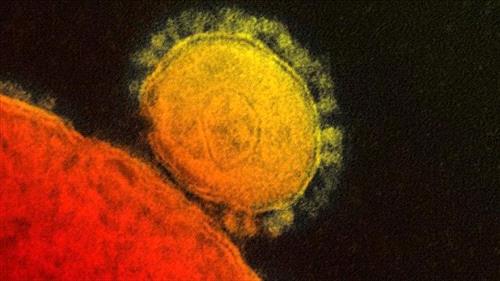Ammon News - AMMONNEWS - A man has died in Jordan after being infected with the MERS virus, the government said Monday, bring the death toll in the country to five since the virus first emerged in 2012 , Al-arabiya reported.
The latest fatality comes on the eve of a World Health Organization emergency meeting on the disease, the Middle East Respiratory Syndrome coronavirus.
The virus has been most deadly in Saudi Arabia. On Sunday, the kingdom reported three new deaths which took its toll to 142, with 483 people infected.
There are 496 cases registered worldwide, according to Agence France Presse.
It is considered a deadlier but less-transmissible cousin of the SARS virus that erupted in Asia in 2003, infecting 8,273 people and killing nearly 800.
Like SARS, it appears to cause a lung infection, with patients suffering coughing, breathing difficulties and a temperature, but MERS differs in that it also causes rapid kidney failure.
Although most MERS infections have been in Saudi Arabia, cases have also been recorded in the United Arab Emirates, Jordan, Egypt, Lebanon and even the United States.
Most cases outside Saudi Arabia involve people who had travelled to the kingdom or worked there, often as medical staff.
The U.N.'s health agency WHO is to hold an emergency meeting Tuesday to discuss the worrying spread of MERS.
"The increase in the number of cases in different countries raises a number of questions," WHO spokesman Tarik Jasarevic said on Friday, AFP reported.
Experimental vaccine
A U.S. biotechnology firm and university researchers have reportedly created an experimental vaccine against MERS, according to media reports.
Maryland University and Gaithersburg biotech Novavax announced that the vaccine for combating coronavirus has succeeded in stopping infection in laboratory studies, the Saudi Gazette reported on Sunday.
Gale Smith, vice president of vaccine development at Novavax, said in a statement carried by Washington Business Journal that the biotechnology firm will “continue to evaluate” the vaccine.
“Novavax will continue to evaluate this technology to produce highly immunogenic nanoparticles for coronavirus, influenza, and other human disease pathogens with the potential for pandemic and sustained human to human transmission,” Smith said.
